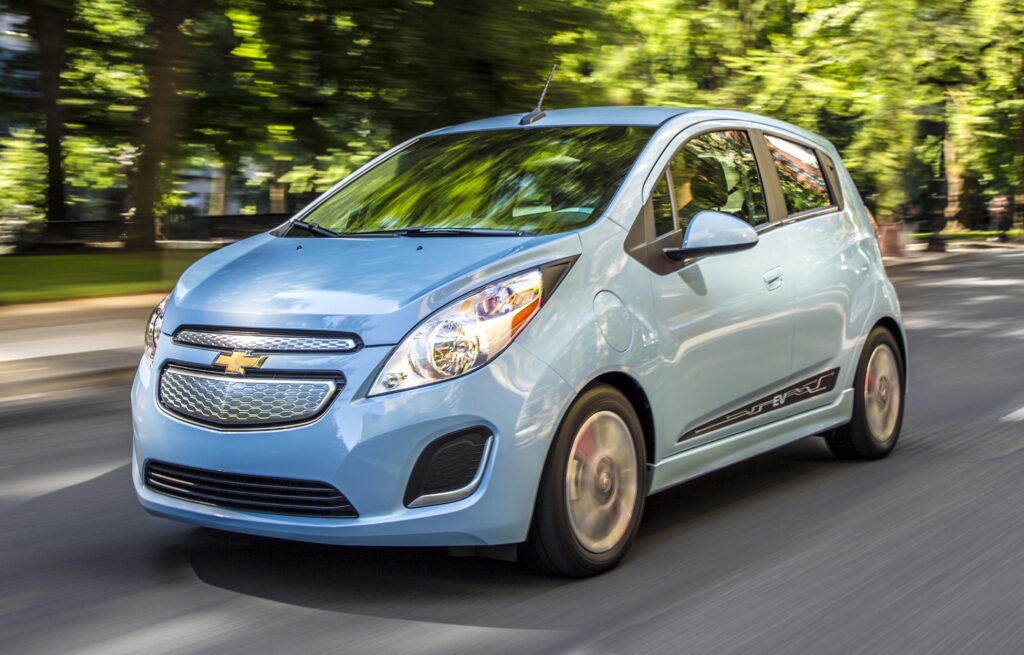Tactics To Take With You To the Dealership
This article may contain affiliate links.
Getting a new EV can be a dream come true, but sometimes negotiating with the car dealer can be a nightmare.

before you get to the dealership
Most car dealers come to the negotiating table with an already made up mind; so their job is to deploy tactics that would push you to buy the car at their terms, even if you don’t need it.
If car dealers come to the negotiating table with tactics in mind, why shouldn’t you? So, before you get that new car, take a look at these tips on getting the best car deals in the market.
Stick to Your Budget
Have a defined budget before getting a car—this helps you come to the negotiating table with a final position. From your monthly income, budget the amount you can afford for your car payment every month, as well as the sum you can collectively pay in advance.
Having a budget plan can also assist you to not buy a car you cannot afford. For instance, you intend to buy a new car, but you are yet to complete payment for the vehicle you use currently; this can lead you to pay for two cars at once.
Be Open-minded
The majority of customers come to the negotiating table with a specific target to buy the car, no matter the odds. Having this mindset at the start of the negotiation makes walking out difficult for the purchaser.
Always keep an open mind, with the possibility of walking away if you do not agree with the car dealer’s terms. Walking away from a transaction is a good negotiation technique that is likely to sway the dealers to your terms, or at the very least, make them bend theirs.
Research Always
Researching the car that you intend to buy helps you know what to negotiate. Research also gives you upper hand information on the features to look out for before buying the car. Start your research on the internet (such as here at Clean Fleet Report), where you can easily get information on the car, the actual cost the dealer got the car, and what other customers think of the car. There are numerous sites to begin your research on the car you intend to buy.
Besides researching the car, research dealers, especially if it’s your first time dealing with them. Research previous customers’ reviews and comments about doing business with the car dealers.
Consider Other Financing Options
Financing from car dealers usually provides you with higher interest rates than the conventional rates offered by credit unions and banks. Before you discuss financing options with your dealer, consider your bank, credit unions or other financial institutions’ financing options.
If you intend getting a quote at once, patronize quoting aggregators and get as many as five quotes collectively. With this quote at hand, you’d be better positioned to negotiate the terms of your dealer’s option to get a good deal on financing on the car.
Make Your Trade-in a Separate Transaction
Never mention your trade-in until the end of your purchase. Mentioning your trade-in before the purchase is concluded gives the dealer your bargaining position and they might use it against you.

If a car ordinarily costs $15,000, letting the dealer know you have a trade-in that’s worth $5000 during negotiation might make the dealer offer you the car at $17,000. In addition to your trade-in of $5000, you get a total purchase of $12,000; this might have been $10,000 if you simply kept your trade-in closely held till the negotiation was over.
Negotiate your car purchase first, get the best deal, and then develop to your trade-in; this way, you will be getting the best deal.
Avoid Extended Warranties
Extended warranties offered by car dealers are exorbitant. Most of these warranties do not provide a total cover for your car, and some might be strategies deployed to take money from customers.
All warranties needed are already with the car on purchase; car manufacturers provide warranties on their vehicles. These manufacturers’ warranties present more comprehensive coverage than the car dealer warranties. Taking the extended warranties of car dealers could be demanding, especially when the warranty is financed with your car loan. The most suitable option is to have a budget and save monthly for car repairs.
Test Drive, Always
Test driving the car before the final purchase gives you a first-hand experience of how the car works, feels and functions in general.

Test driving the new car is a proper way to conduct due diligence before final purchase. While test-driving, look out for the brakes and handlings and make sure they work with ease as you drive.
Also, check the car controls to see if they work fine, from the AC button to the AC itself, the wiper button and more.
Most of all, check the comfort you and your family feel in the car; if you’re not comfortable, then there is no reason to buy it in the first place.
Talk to Your Insurance Company
Talking to your insurance company before purchasing the car goes a long way in helping you cut costs. The cost of insurance varies from car to car—contacting your insurance company on the cost of insuring the car you intend to buy reveals whether or not your budget can take up the cost.
Moreover, most car dealers offer vehicle service contracts and gap insurance on cars; sometimes, these amounts proposed by the car dealers are expensive. Talk to your insurance company before taking the deal—this assists you to compare the offer from your insurance company and the car dealers as to which is the best option.
In Summary
Getting a new car can be a great achievement! However, at one point or the other, you have to take on this almost exhausting task. It demands negotiation skills to reach an informed decision that is in your favor or at least offers a win-win situation for all parties.
Keeping these tips in mind before going into a negotiation with the car dealer should help to seal that deal you need.
